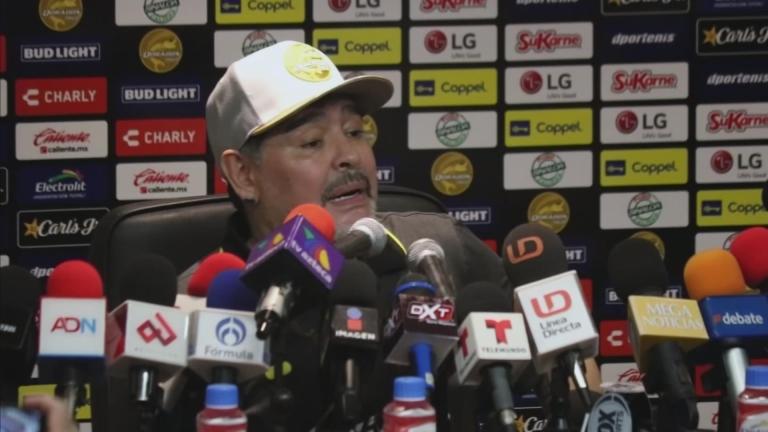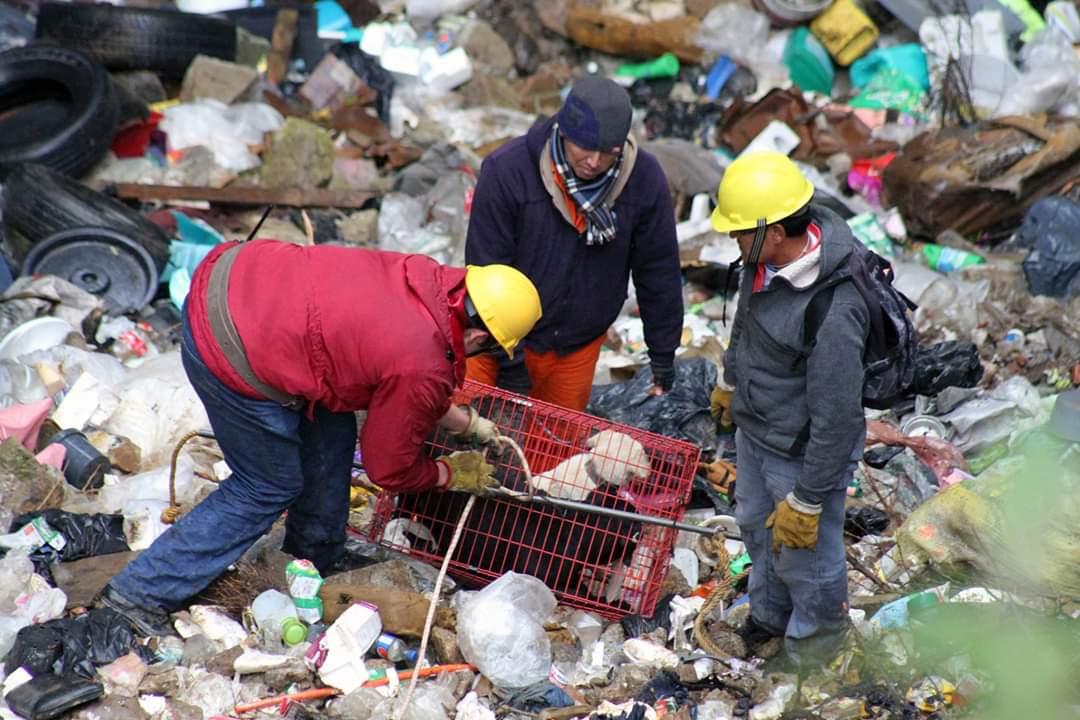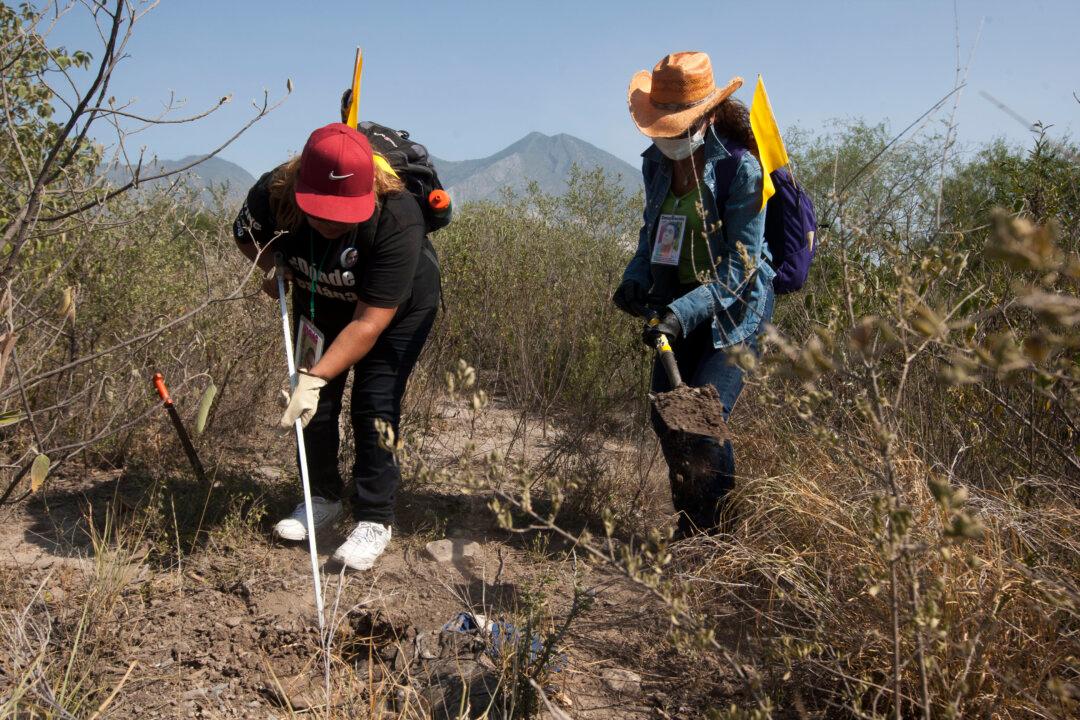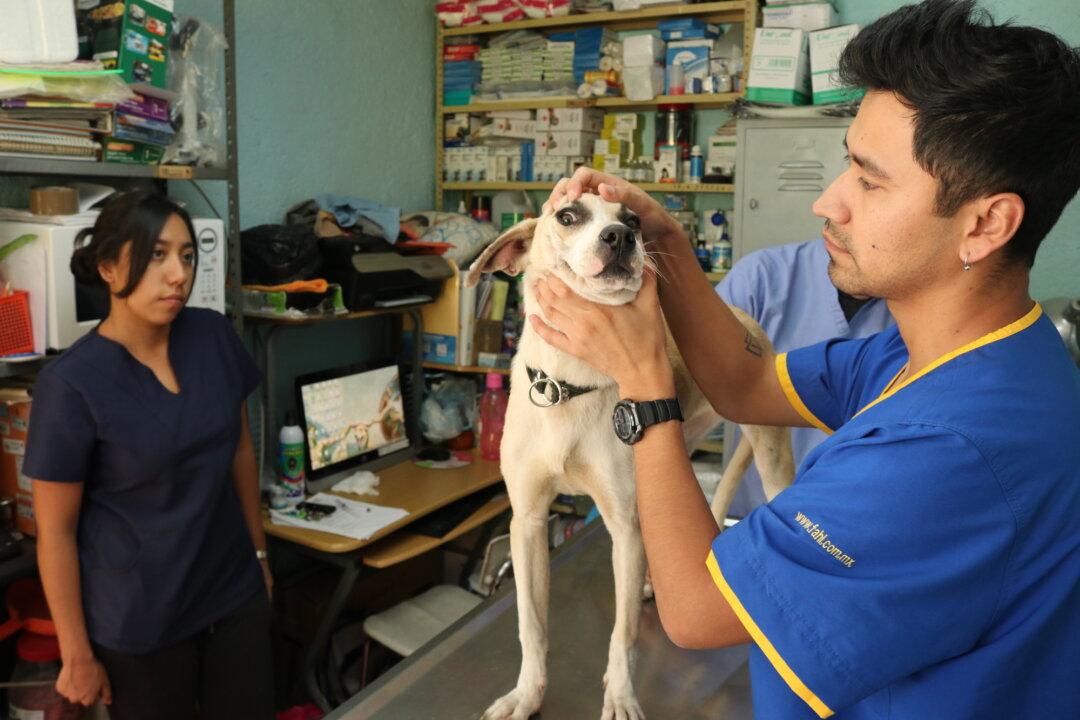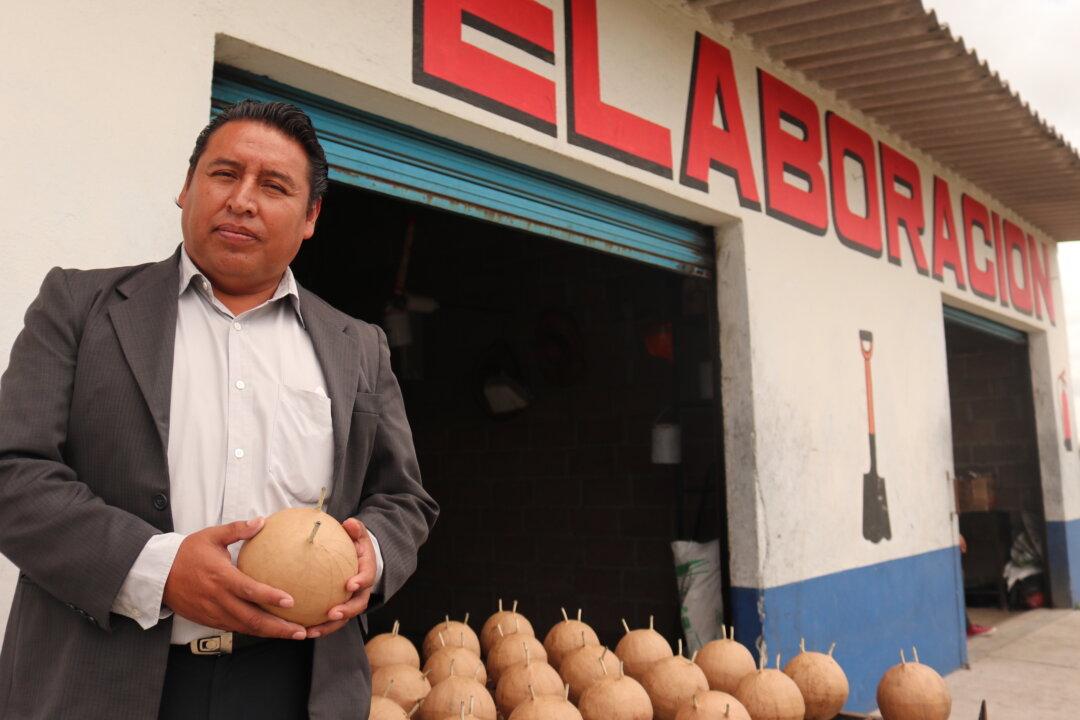MEXICO CITY—The arrival of a soccer legend with a reputation as a troublemaker has thrust a second division Mexican team into the spotlight.
Wherever Diego Maradona goes he is guaranteed to attract attention and his latest attempt to resurrect his coaching career has certainly brought that to Los Dorados. The team, named after the Mexican term for a type of golden dolphinfish, is based in Culiacán, the capital of the north-western state of Sinaloa.
